Panel sessions
IHTC-16 will host four Panel Discussions on Special Topics of current interest. The purpose is to offer unique opportunities for scientists and engineers to gather together, exchange state-of-the-art knowledge and have open discussions on future developments for a better society.
Each panel will be led by five or six leading world experts in the field. Each panel discussion will last two hours and the organizers anticipate that more than 300 participants will attend each of these discussions. The panels will begin with each of the experts making a 10 minute presentation of their views on the topic. The topic will then be opened to the audience to ask questions of these experts for further discussion. These panels will provide a unique platform for wide ranging discussions and interactions between the experts and the participants.
Nanoscale heat transfer
11th August 2018, Saturday
16:00-18:00
Auditorium, 3rd floor
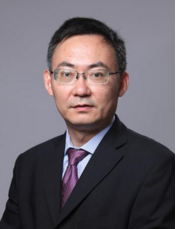 C. Y. Zhao
C. Y. Zhao
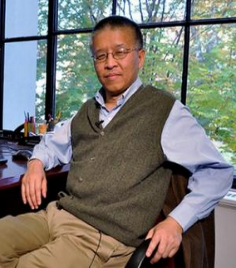 G. Chen
G. Chen
 D. Poulikakos
D. Poulikakos
 Z. M. Zhang
Z. M. Zhang
 S. Maruyama
S. Maruyama
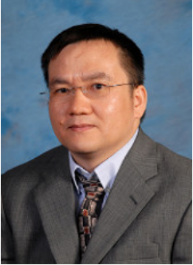 L. Shi
L. Shi
Moderator
Prof. Changying Zhao
School of Mechanical Engineering, Shanghai Jiao Tong University
China
Panelists
Prof. Gang Chen
Department of Mechanical Engineering, Massachusetts Institute of Technology
U.S.A
Prof. Dimos Poulikakos
Department of Mechanical and Process Engineering, ETH Zurich
Switzerland
Prof. Zhuomin Zhang
George W. Woodruff School of Mechanical Engineering, Georgia Institute of Technology
U.S.A
Prof. Shigeo Maruyama
Department of Mechanical Engineering, The University of Tokyo
Japan
Prof. Li Shi
Department of Mechanical Engineering, University of Texas at Austin
U.S.A
Abstract
Nanoscale heat transfer is a new branch of heat transfer that explores unconventional heat transport phenomena in nanostructured materials and devices to produce exotic thermal transport properties. This field has been rapidly growing in the past few decades due to the discovery of novel nanomaterials and the development of nanofabrication methods. Nanoscale heat transfer now plays an important role in emerging energy systems and thermal management, including thermoelectric devices, thermophotovoltaic systems and advanced electronic cooling systems.
The nanoscale heat transfer community has already produced many significant studies that have contributed much not only to our fundamental understanding of nanoscale science but also to cutting-edge nanotechnology applications. In the past few years, we have witnessed more and more people becoming interested in this field, including many young scholars. We organized this panel discussion to further promote understanding of this field in the entire heat transfer community and to address important issues critical to the future development of nanoscale heat transfer applications.
This panel includes leading scientists in the nanoscale heat transfer field. In the first part, each invited scientist will give a very brief talk on a specific topic based on his research area which will present the current status of our research, existing problems and challenges and future outlooks. The second part will be a discussion among the experts on several current topics. The third part is then an open discussion between the invited scientists and the audience. We hope that all participants in this discipline can be involved in this panel and forward-looking discussions are highly encouraged. Our hope is that this panel will inspire new ideas, shape ways of thinking and lead to revolutionary innovations for all researchers in this field.
Energy storage
12th August 2018, Sunday
16:00-18:00
Auditorium, 3rd floor
 C. Y. Zhao
C. Y. Zhao
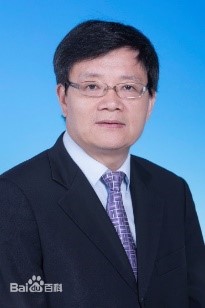 T. S. Zhao
T. S. Zhao
 Y. Ding
Y. Ding
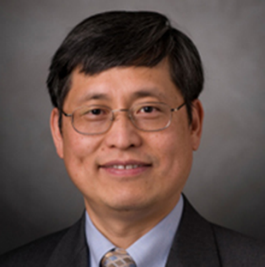 C. Y. Wang
C. Y. Wang
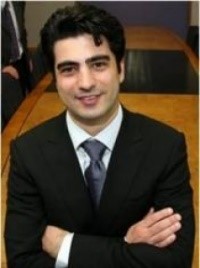 C. Markides
C. Markides
 H. Wang
H. Wang
Moderator
Prof. Changying Zhao
School of Mechanical Engineering, Shanghai Jiao Tong University
China
IHTC16-EnergyStorage-Opening.pdf
IHTC16-EnergyStorage-Zhao.pdf
Panelists
Prof. Tianshou Zhao
HKUST Energy Institute, The Hong Kong University of Science and Technology
Hong Kong, China
Prof. Yulong Ding
Birmingham Centre for Energy Storage, University of Birmingham
UK
IHTC16-EnergyStorage-Ding.pdf
Prof. Chaoyang Wang
Department of Mechanical and Nuclear Engineering and Electrochemical Engine Center (ECEC)
Pennsylvania State University
USA
IHTC16-EnergyStorage-Wang.pdf
Dr. Christos Markides
Department of Chemical Engineering, Imperial College London
UK
IHTC16-EnergyStorage-Markides.pdf
Dr. Hong Wang
Pioneer Energy Co., LTD
China
IHTC16-EnergyStorage-PioneerEnergy.pdf
Abstract
Energy storage refers to technologies that utilize the energy stored in an energy system at a later period through various energy conversion processes. Energy storage systems are normally used to reduce the mismatch between the energy supply and demand. The value of the energy storage increases in scenarios where the energy systems utilize renewable energy sources which alleviates carbon emissions to the atmosphere or recover waste heat from the industrial sector which improves the energy efficiency of the integrated system.
In terms of the concrete processes involved in the charging/ discharging periods, the energy storage technologies can be mainly classified as thermal energy storage (TES), thermochemical energy storage (TCES), and battery energy storage (BES). These advanced technologies should be further developed in consideration of their merits including their relatively low capital costs, high round-trip efficiency, their ability to improve the energy supply reliability, and their energy density. There are still challenges to commercializing these energy storage technologies. For instance, how to scale up well-developed TES systems to fulfill the thermal demand in various communities? How to accurately control the chemical reactions at the right time for the fluctuating heat loads in various applications? What are the key issues for creating a rechargeable battery with a long lifetime that can efficiently convert chemical energy into power for driving an electric vehicle?
The panelists, all worldwide leading scientists in the field, will discuss current research on resolving these scientific and technological challenges associated with these energy storage technologies. These forward-looking discussions will cover the synthetization of composite materials, the optimization of thermal/chemical/electrical processes, the integration of innovative energy storage systems as well as the needed governmental energy policies, to secure mature large-scale energy storage technologies that can be widely applied worldwide.
Entransy: a New Concept in Heat Transfer
14th August 2018, Tuesday
16:00-18:00
Auditorium, 3rd floor
Watch the video
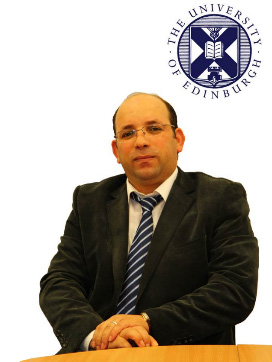 K. Sefiane
K. Sefiane
 L. Luo
L. Luo
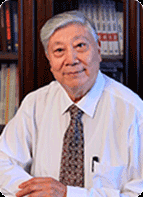 Z. Guo
Z. Guo
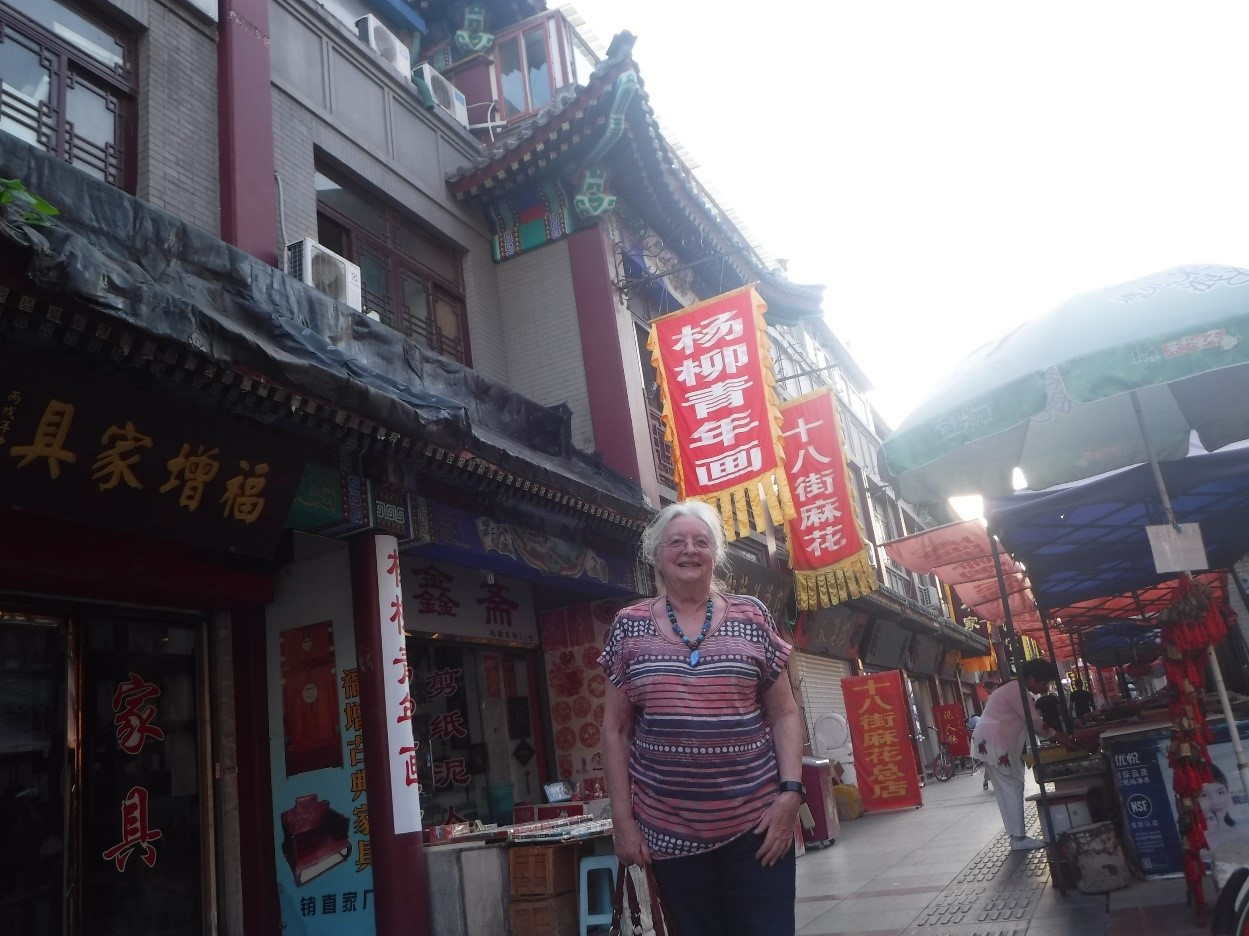 A. Steinchen
A. Steinchen
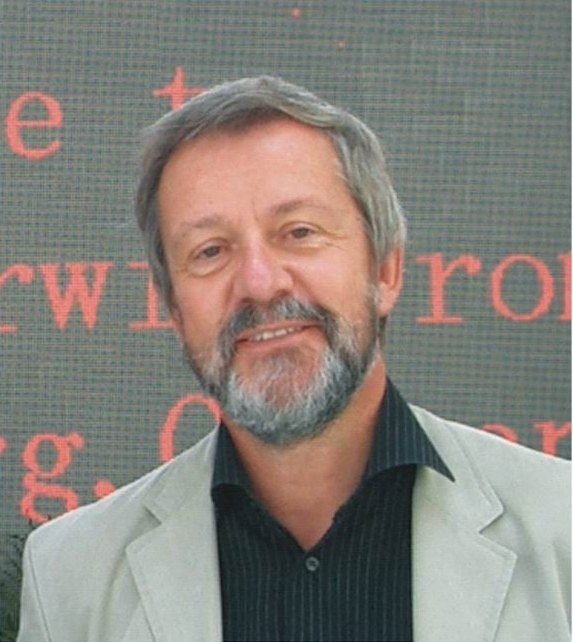 H. Herwig
H. Herwig
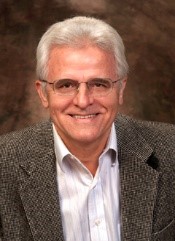 M. Kostic
M. Kostic
Moderator
Prof. K. Sefiane
School of Engineering,
University of Edinburgh
U.K.
Prof. L. Luo
French National Center for Scientific Research,
CNRS, Nantes
France
Panelists
Prof. Z. Guo
Department of Mechanical Engineering,
Tsinghua University
China
IHTC16-Entransy-Guo.pdf
Prof. A. Steinchen
Laboratory of Non-equilibrium Thermodynamics
University of Marseille
France
IHTC16-Entransy-Steinchen.pdf
Prof. M. Kostic
Department of Mechanical Engineering,
North Illinois University
U.S.A
IHTC16-Entransy-Kostic.pdf
Prof. H. Herwig
Department of Mechanical Engineering,
Hamburg University of Technology
Germanyi
IHTC16-Entransy-Herwig.pdf
Abstract
The concept of ‘entransy’, which is a product of heat/thermal energy and temperature, was originally introduced in heat transfer without heat-work conversion in 2003 by Prof. Z. Y. Guo and his group through an analogy between heat and electrical conduction, with entransy corresponding to the electrical potential energy in a capacitor. They proposed that the total ‘entransy’ always decreases during any heat transfer process. The minimum ‘entransy’ dissipation based thermal resistance principle states that a lower thermal resistance leads to better heat transfer. Since its formulation, the concept of ‘entransy’ has been used to analyze and optimize various heat transfer processes by many researchers and groups. There continues to be ongoing efforts by many groups around the world to refine and test the concept of ‘entransy’ and its usefulness in heat transfer optimisation.
Following its introduction, ‘entransy’ as a concept has been the subject of much controversy between its supporters and detractors. While its supporters believe that the ‘entransy’ concept has very broad applicability and is an effective tool for heat transfer optimisation, the concept has been criticized by many researchers as being “inconsistent and not needed” and “redundant to Entropy”. These two opposing views and approaches to this new concept have been widely debated in the open literature in recent years.
The panel includes leading international scientists with expertise in non-equilibrium thermodynamics, heat transfer and transport phenomena. The discussion aims to present a fair and balanced debate of opinions from both sides. This panel gives the opportunity to hear the opinions of supporters and antagonists, as well as neutral opinions, of ‘entransy’ and its validity as a new concept in thermodynamics and heat transfer.
Multi-scale Innovative Cooling Technologies for Data Centers
August 15, Wednesday
14:00-16:00
Auditorium, 3rd floor
 Zhen Li
Zhen Li
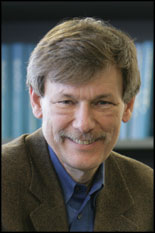 Avram Bar-Cohen
Avram Bar-Cohen
 Sung Jin Kim
Sung Jin Kim
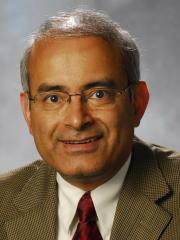 Yogendra Joshi
Yogendra Joshi
 Jie Wei
Jie Wei
Moderator
Prof. Zhen Li
Department of Engineering Mechanics
Tsinghua University
China
Prof. Avram Bar-Cohen
Department of Mechanical Engineering, University of Maryland
U.S.A
Panelists
Prof. Sung Jin Kim
Department of Mechanical Engineering, KAIST
Korea
Prof. Yogendra Joshi
School of Mechanical Engineering, Georgia Institute of Technology
U.S.A
Dr. Jie Wei
Advanced Technologies, Fujitsu Limited
Japan
Abstract
Data centers are large rooms full of IT equipment which produce huge amounts of heat. In the past few decades, data centers have been rapidly increasing in size and power density. The energy consumption just for thermal management has then increased dramatically with the average annual cooling power consumption reaching as high as 30% of the total energy cost.
Cooling technologies for data centers can be classified based on their size as room level, rack level and server level systems. These cooling systems can cool the entire room, just one rack and just one server as the smallest cooling object with smaller cooling objects leading to more efficient systems. Cooling systems can also be classified based on the cooling medium as air cooled or liquid cooled systems. Liquid cooling is generally more efficient than air cooling because of the higher heat capacity of the liquid.
This panel will focus on developments for cooling data centers and the various innovative cooling technologies for the various cooling scales in data centers. The panel discussion topics are:
- Strategies and Technologies in Cooling of Data Center Computer Equipment and Systems
- Embedded Microfluidic Cooling - Path to High Computational Efficiency
- Heat Pipe Technology for Data Center Cooling
- Emerging Trends and Challenges in Data Center Thermal Management
- Multiscale Cooling Systems for Data Centers